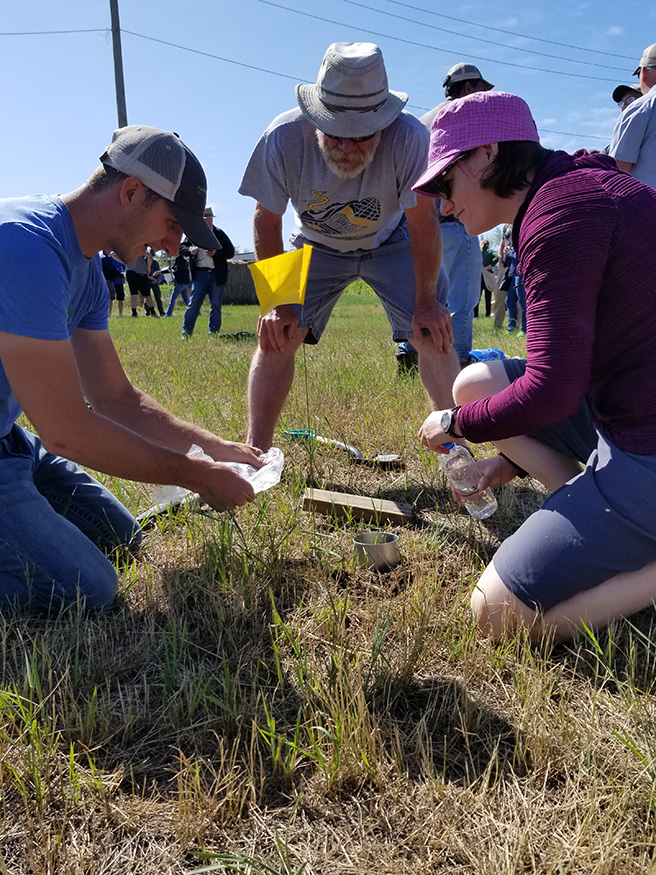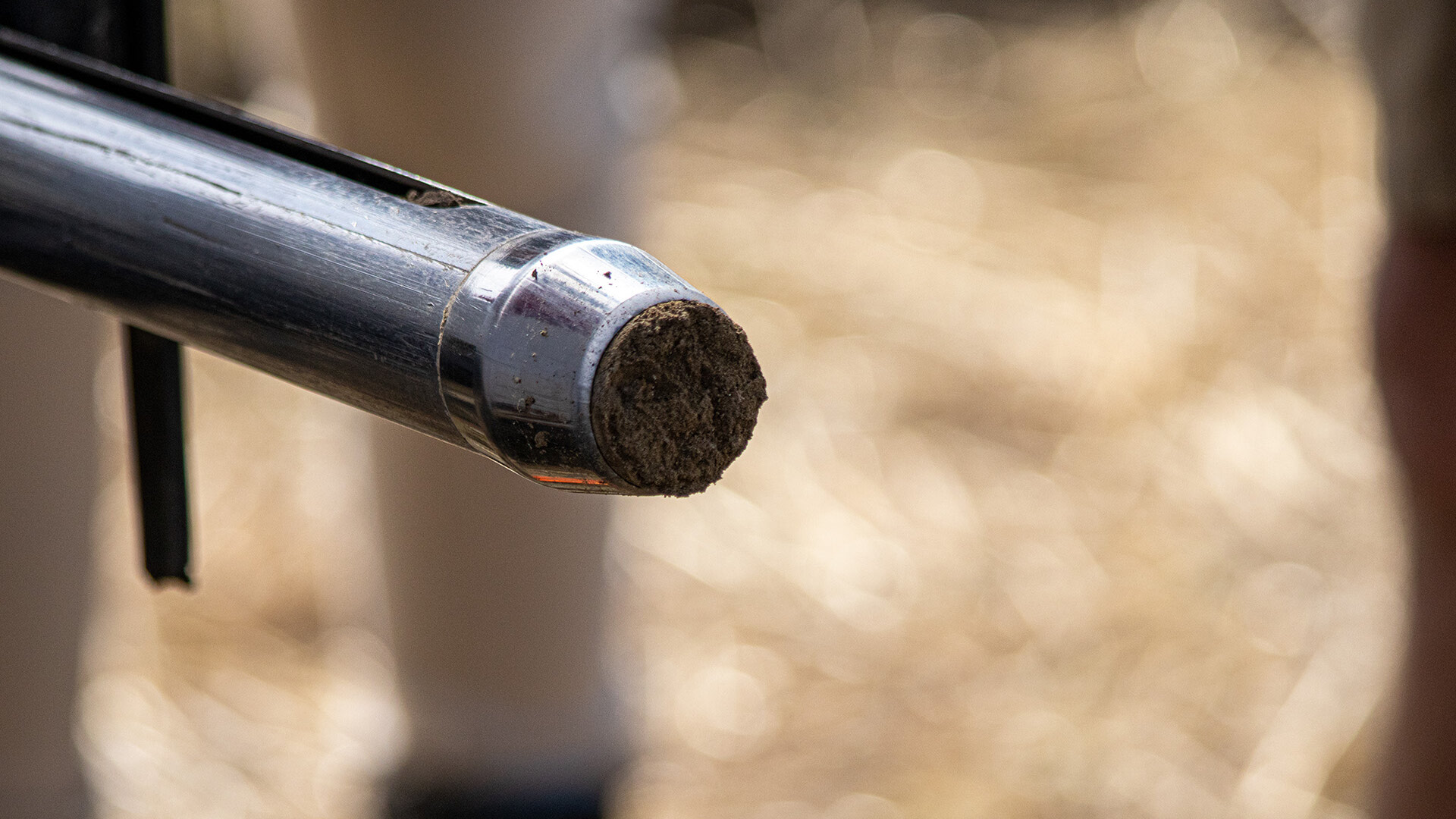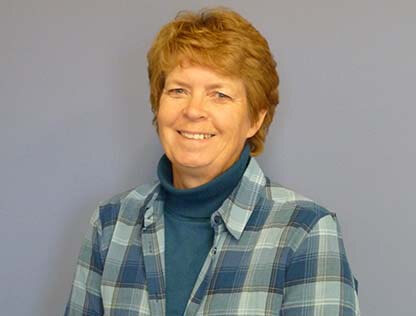BackgroundThere is an increasing interest in the link between soil health, plant health and ultimately food quality. Society is also concerned with carbon both in the air and soil. Since carbon and soil health are very closely connected, management practices that improve carbon sequestration will result in healthy soil and nutritious food products. The status and functionality of soil should be measured not only by its chemical (fertility) properties but also for its physical and biological properties. In Canada, commercial soil testing labs have intensively evaluated the chemical components of soil. Chemical fertility recommendations are typically based on this knowledge. The role of soil biology, however, is not well understood and physical characteristics go unmonitored. Evaluation of biological soil characteristics has only become available during the past few years in laboratories in the United States and more recently eastern Canada. The existing biological labs do not base analysis and recommendations on parameters specifically related to Alberta soils. CARA's Soil Health Lab, under the direction of Dr. Yamily Zavala, provides a unique service in evaluating soil health constraint indicators. A biological and physical baseline developed within the province will provide a framework that can help define strategies for managing and improving the productive capacity, and sustainability, of our soils. A diverse micro-biological underground community may contribute to an overall healthier soil, including improved carbon sequestration. Improved aggregation stability will also contribute to enhanced carbon levels in the soil. Healthy soils produce healthy plants resulting in a higher quality food product. |
While the project is completed, we are still working on our final report. Stay tuned! |
||||||||||
 |
| Image 1: Trevor Deering with participants of the 2019 Farming Smarter Plot Hop conducting infiltration tests. |
Project Objectives
|
||||
Methods |
||||||||||||
The other partners sample other parts of Central and Northern Alberta. A map of locations and soil health is expected following the final CARA report. |
|
|||||||||||
Measurements
ResultsSign in or subscribe to view. |
|||
Articles
CARA launched a soil benchmark project in 2018 to develop a biological and physical baseline for soils in Alberta. It will provide a framework that defines strategies for managing and improving the productive capacity and sustainability of our soils.
While the term soil health is quite pervasive in the scientific and agricultural communities, its meaning and scope are ambiguous. Dr. H. Henry Janzen and his colleagues in the Soil Biology and Biochemistry journal1 recently published an excellent article on this topic.
Mike talks to Diane Westerlund about the provincial soil benchmarking project.
Soil is one of the most important components involved in growing crops, yet soil biology is not well understood, and the physical characteristics have not been monitored. Now there is a study that is hoping to fix that.


